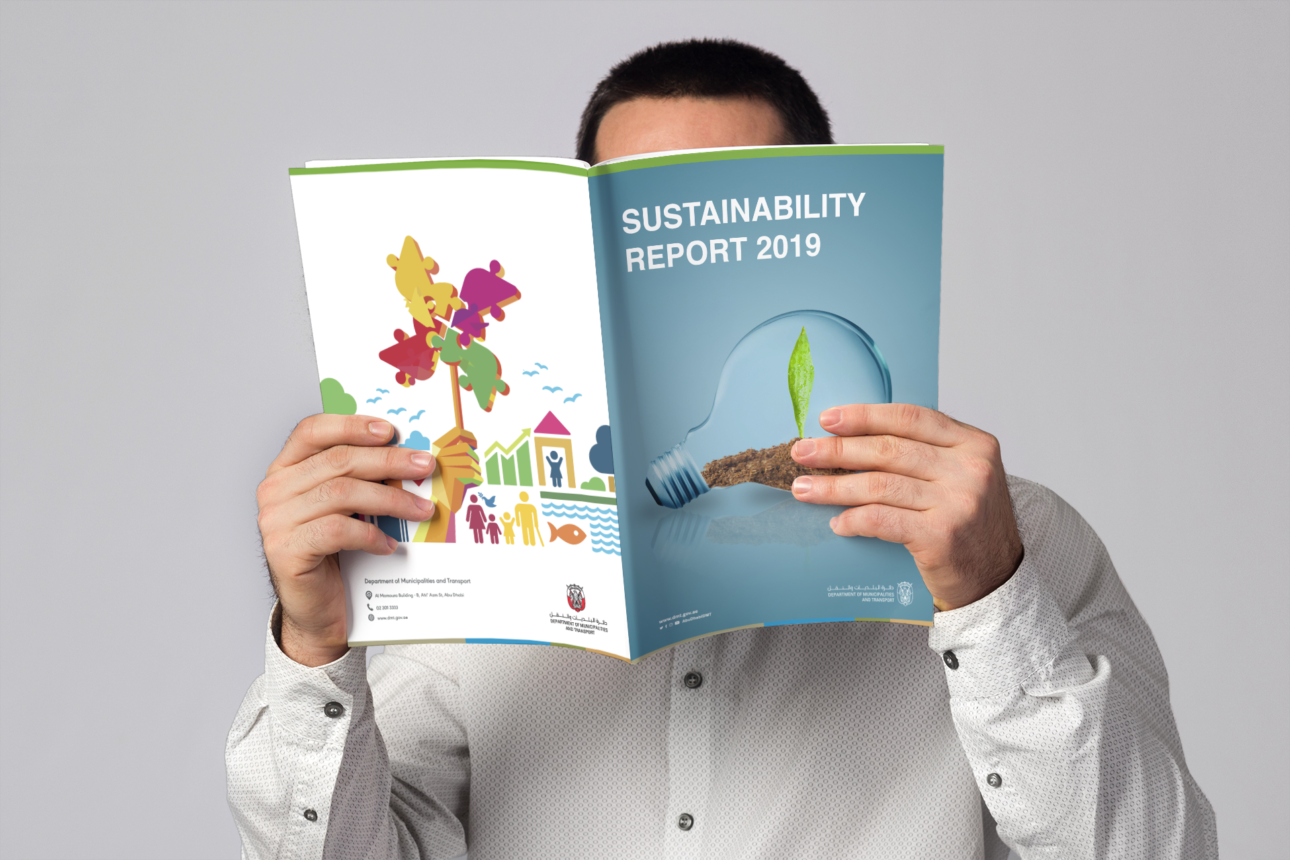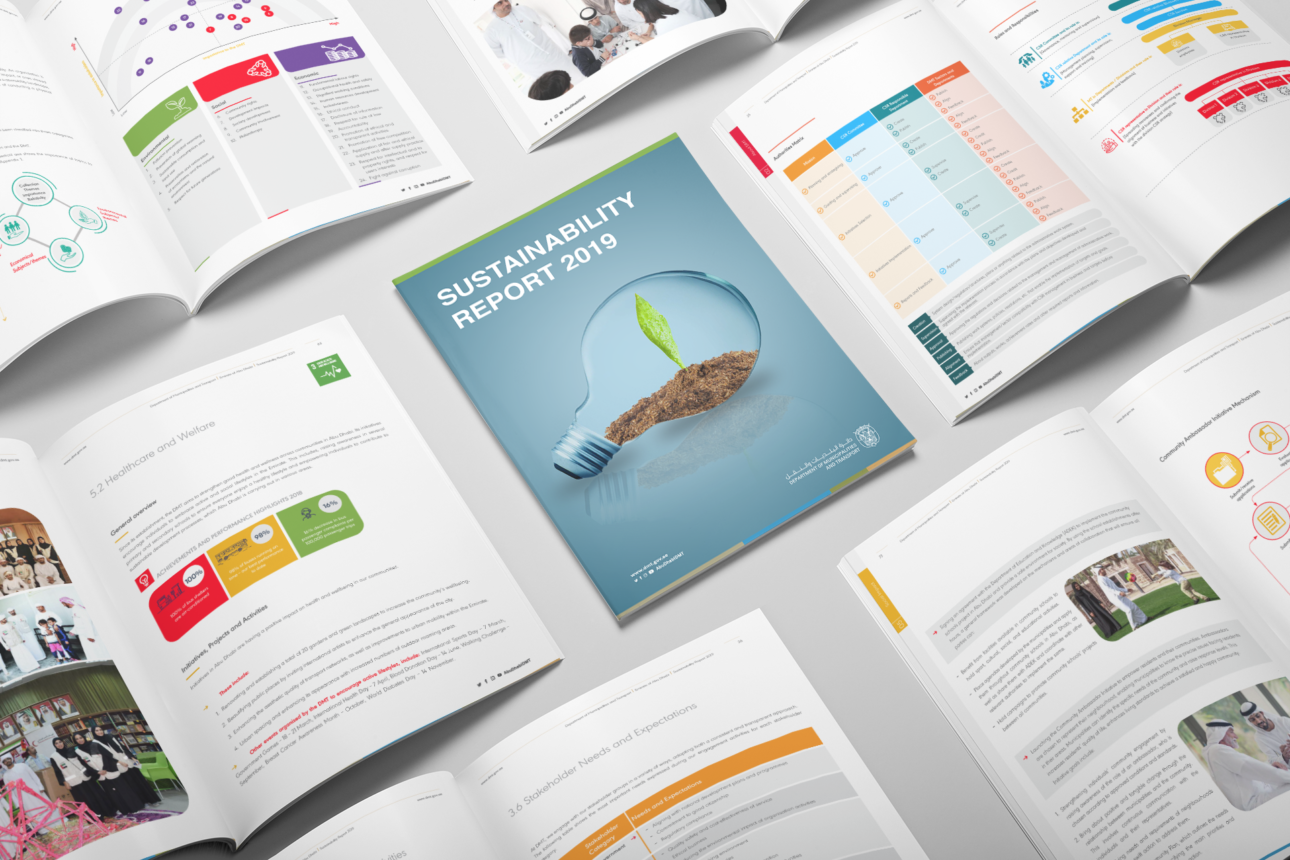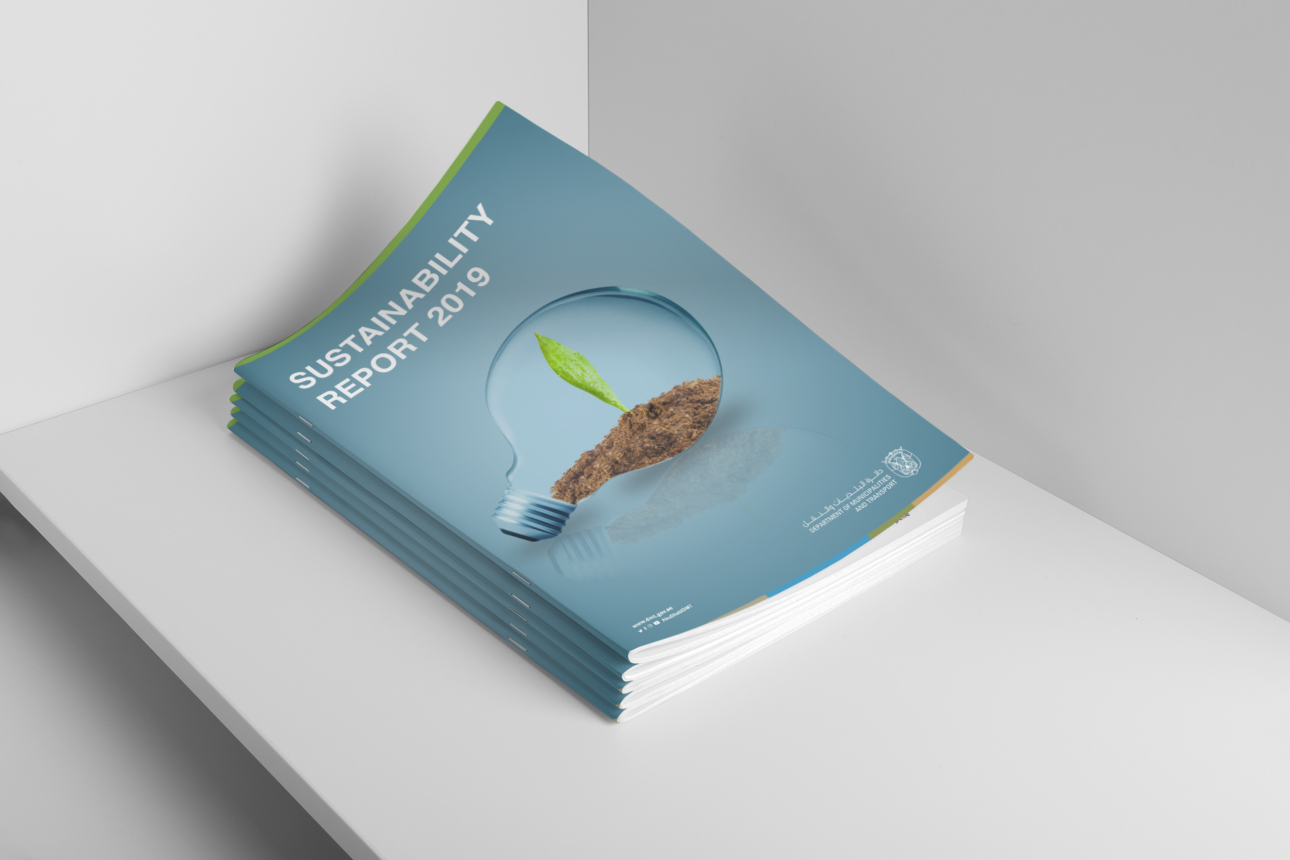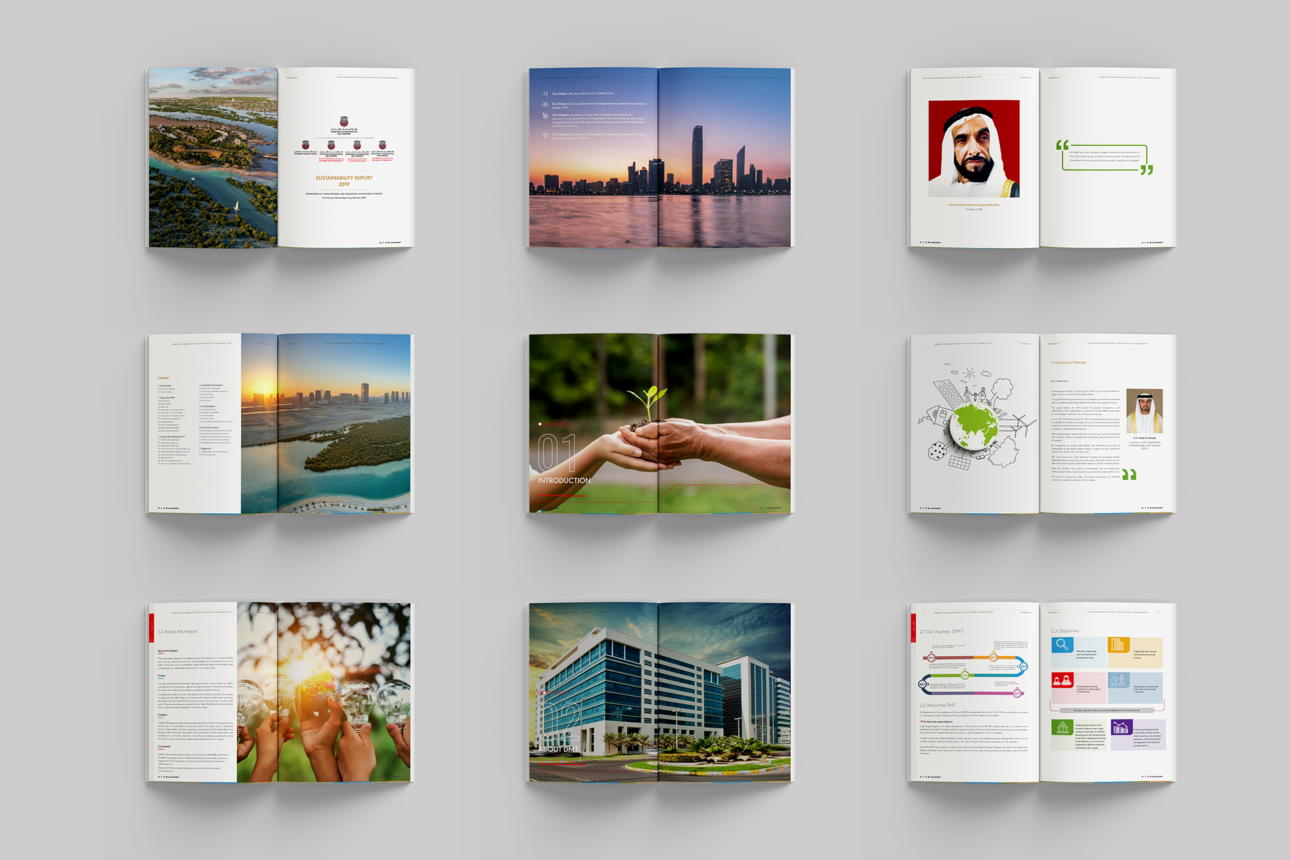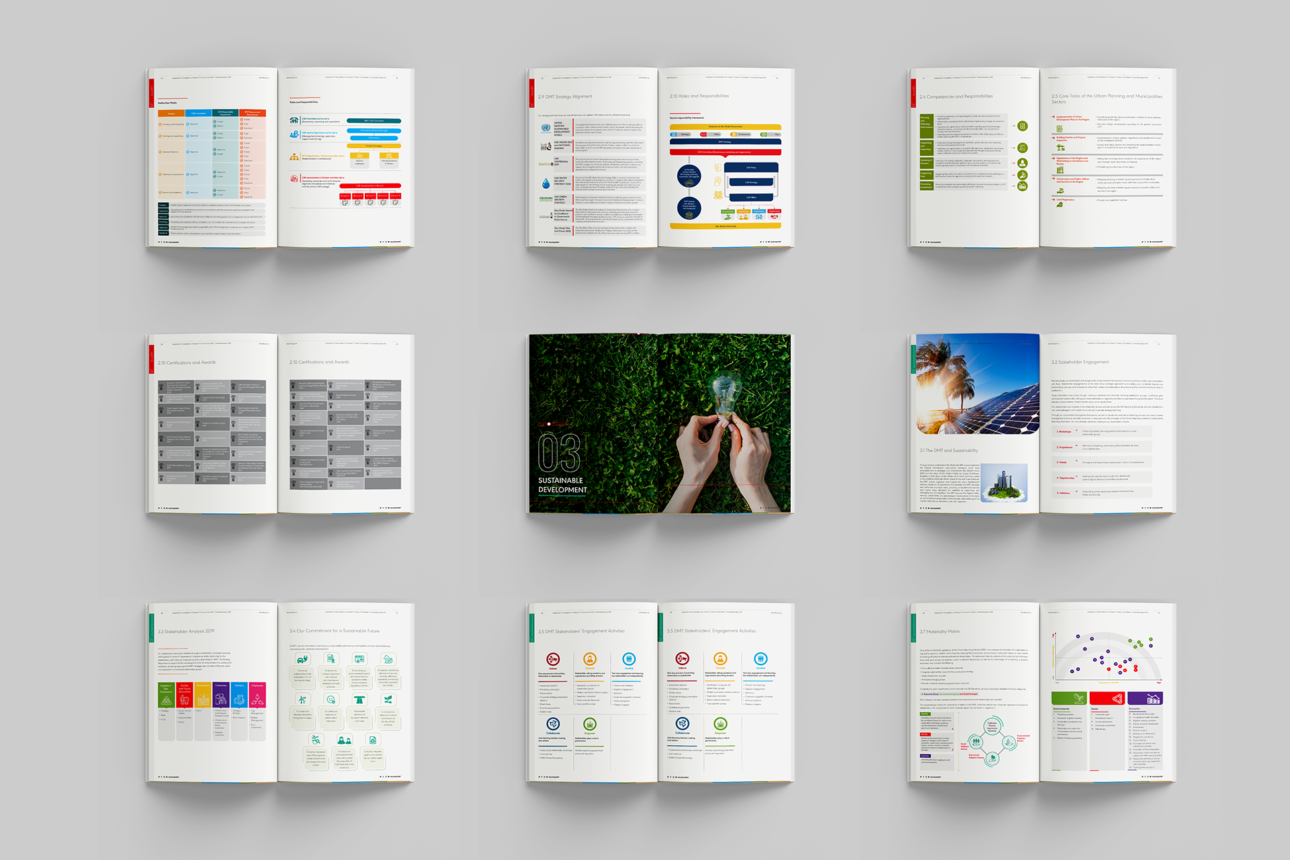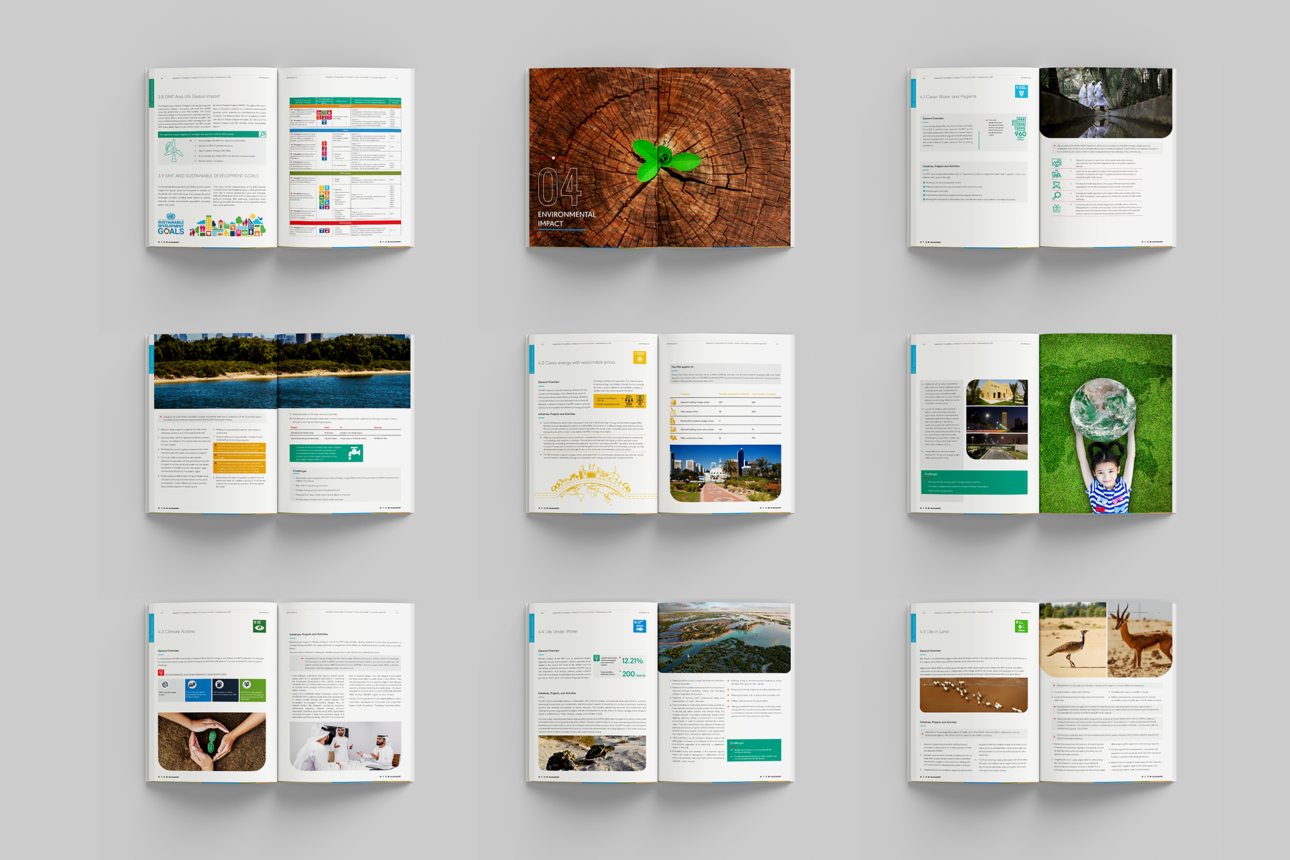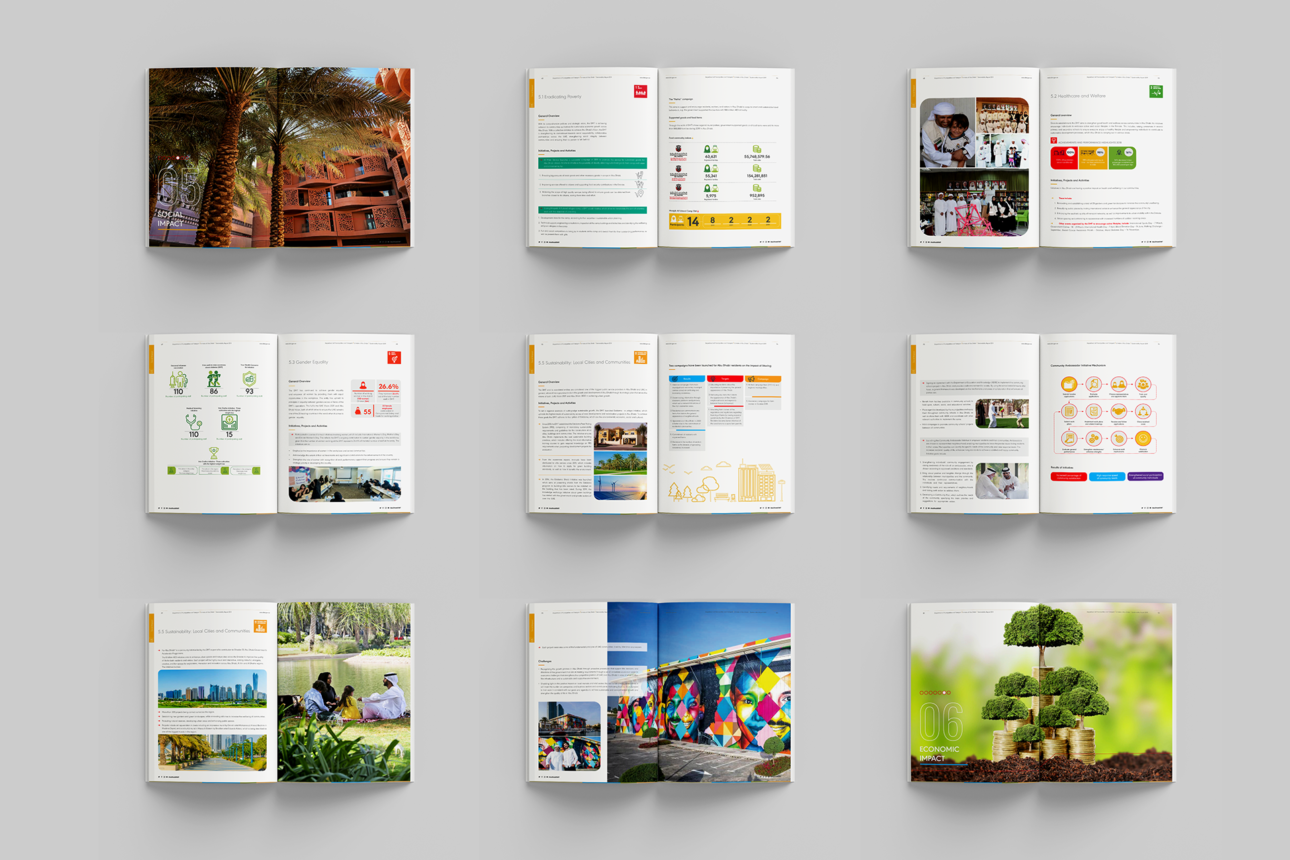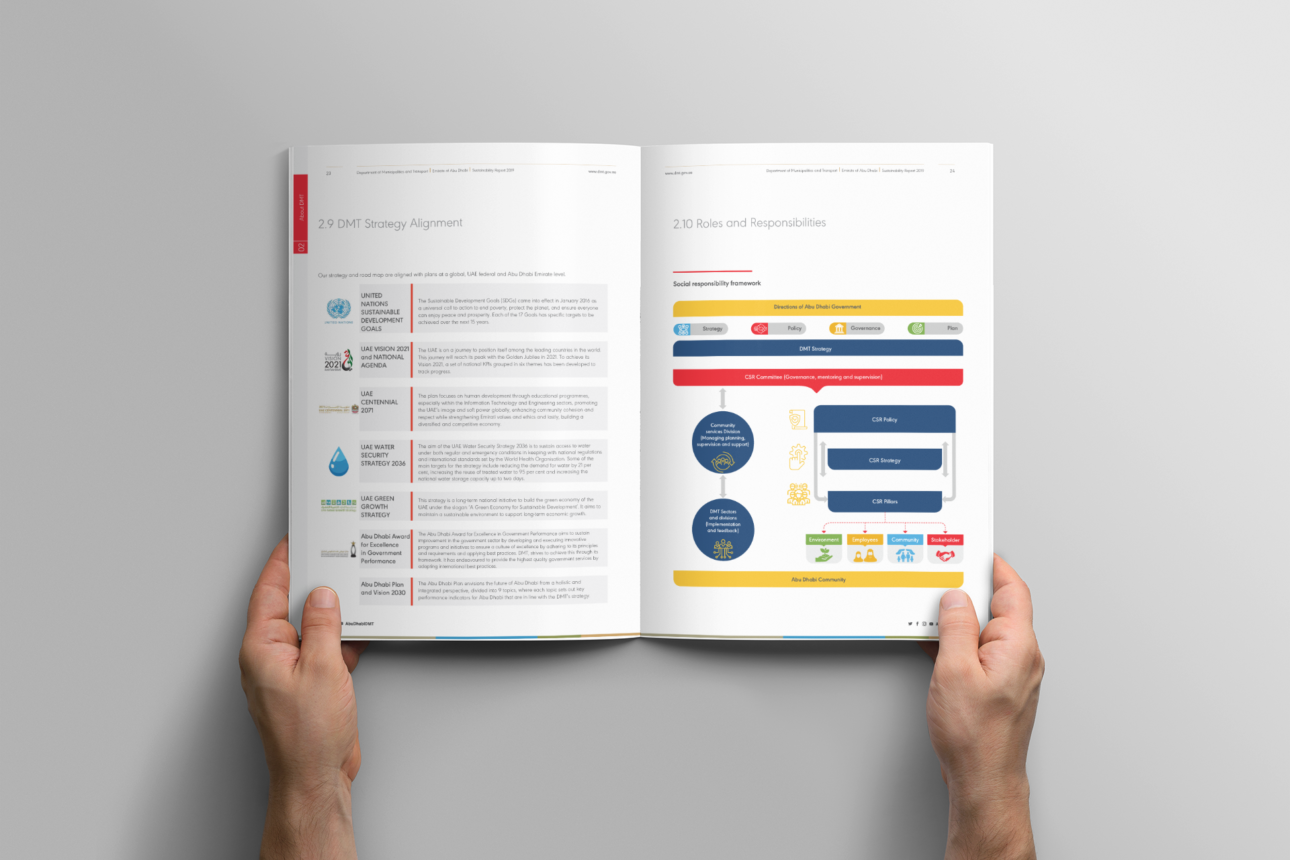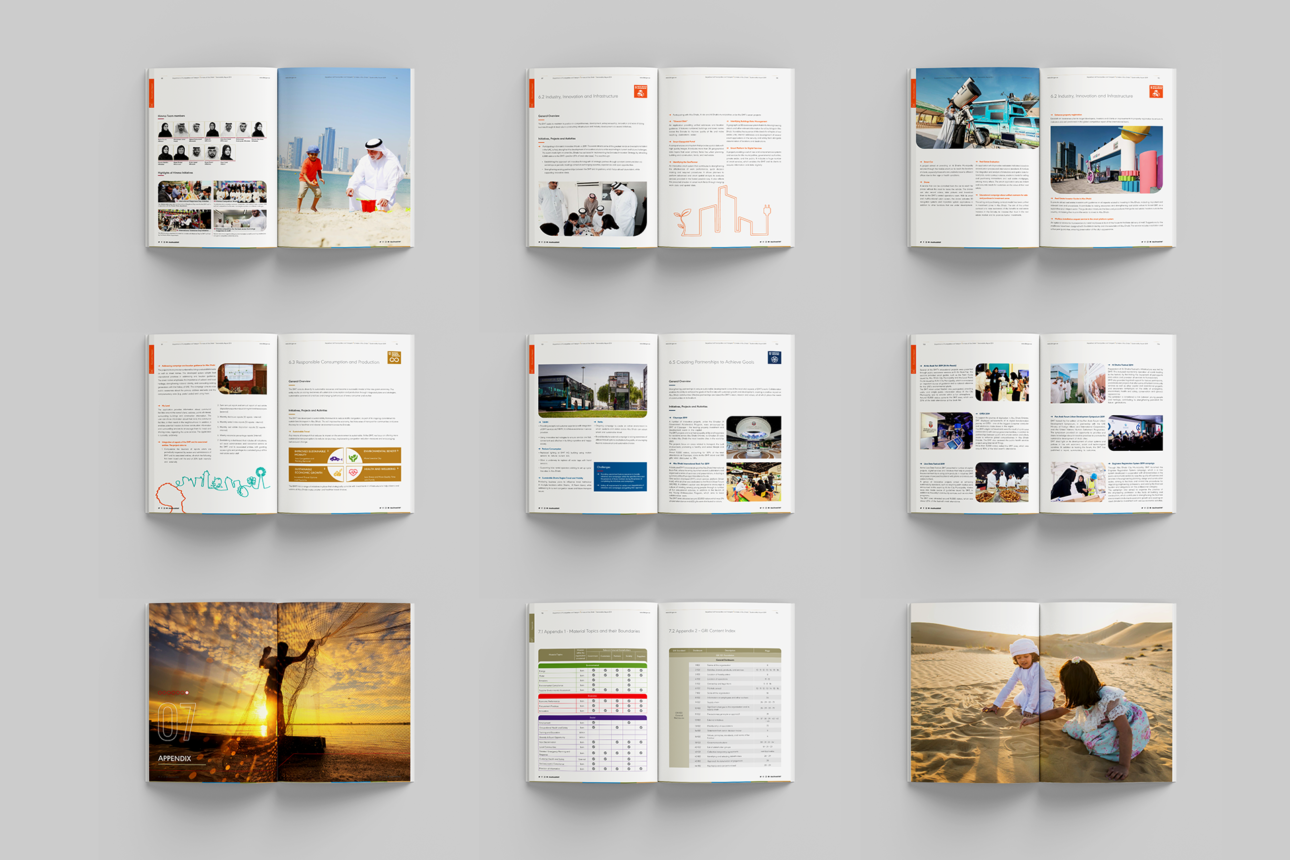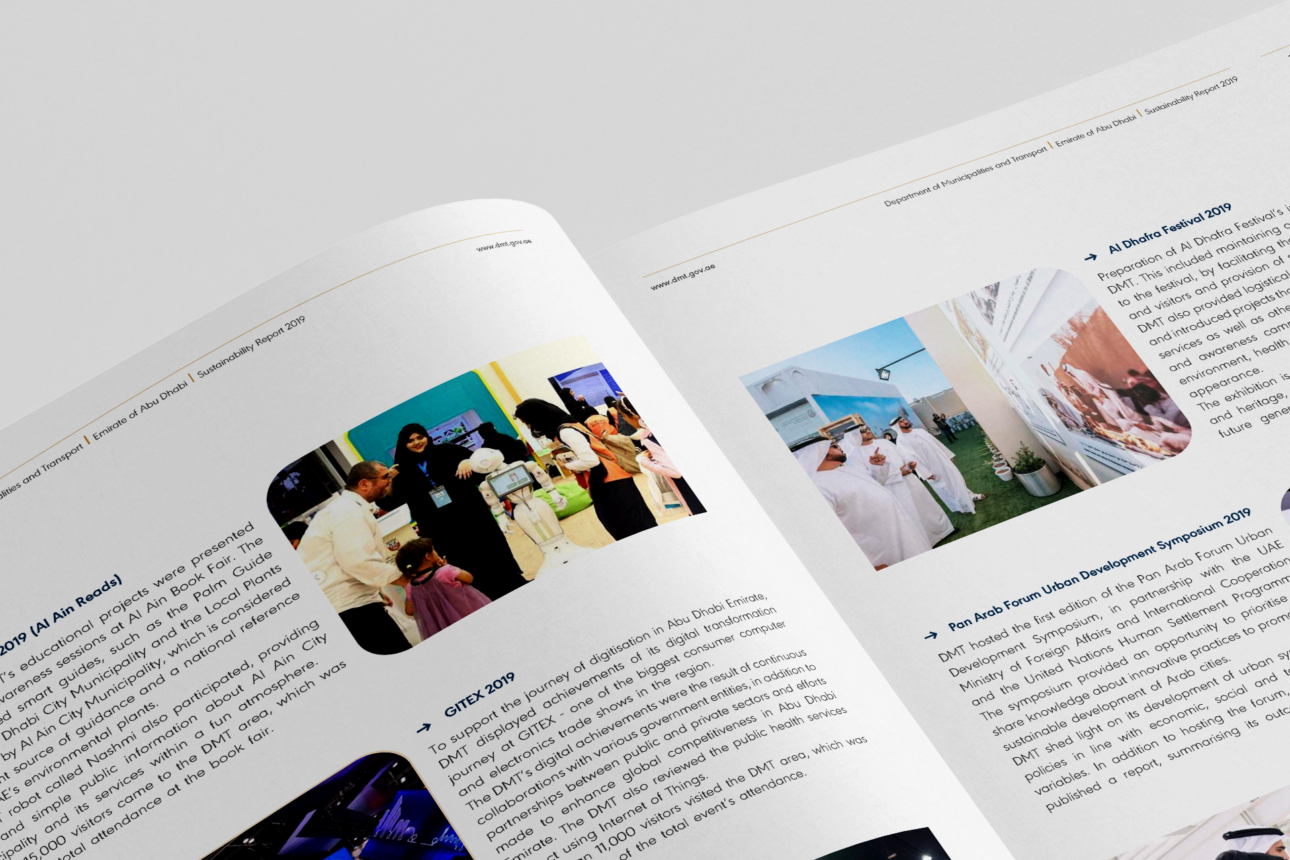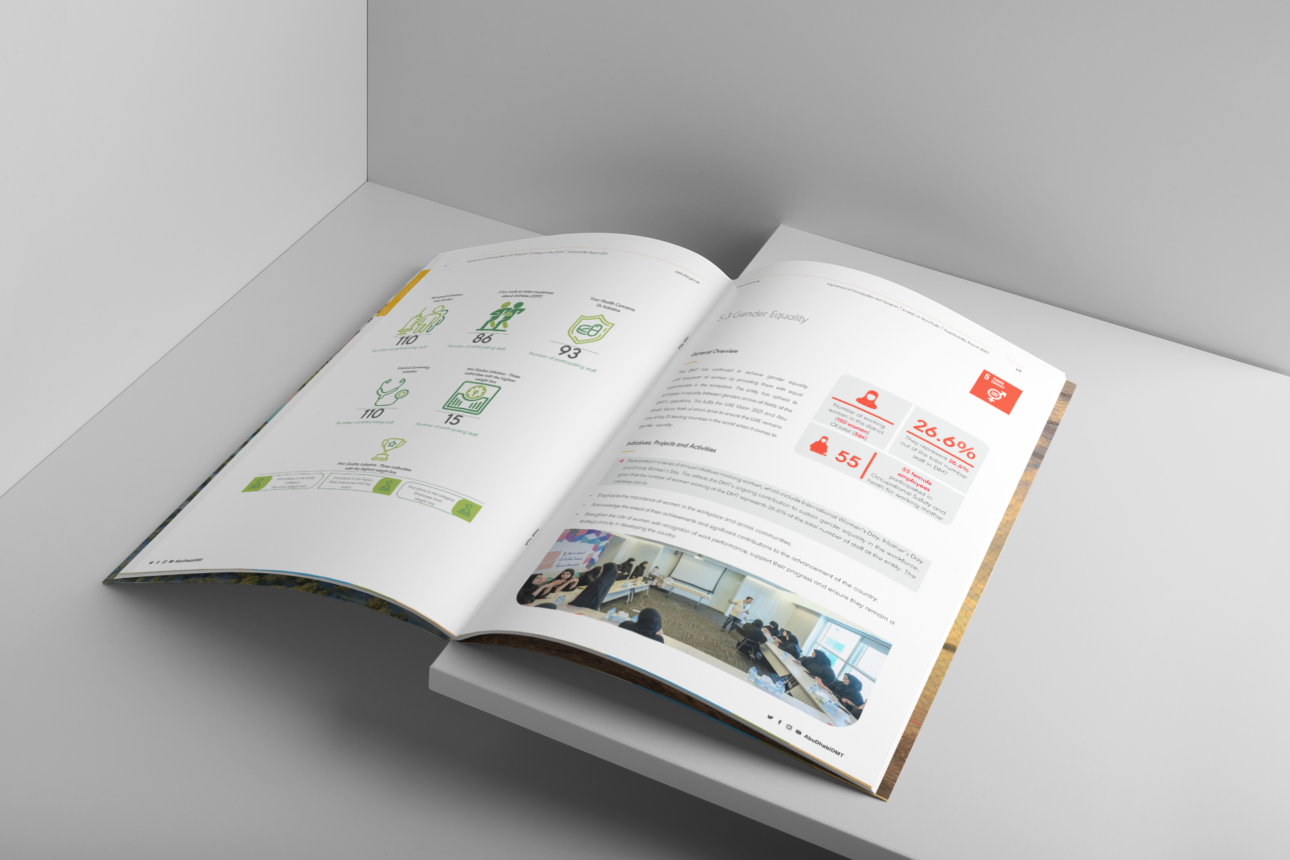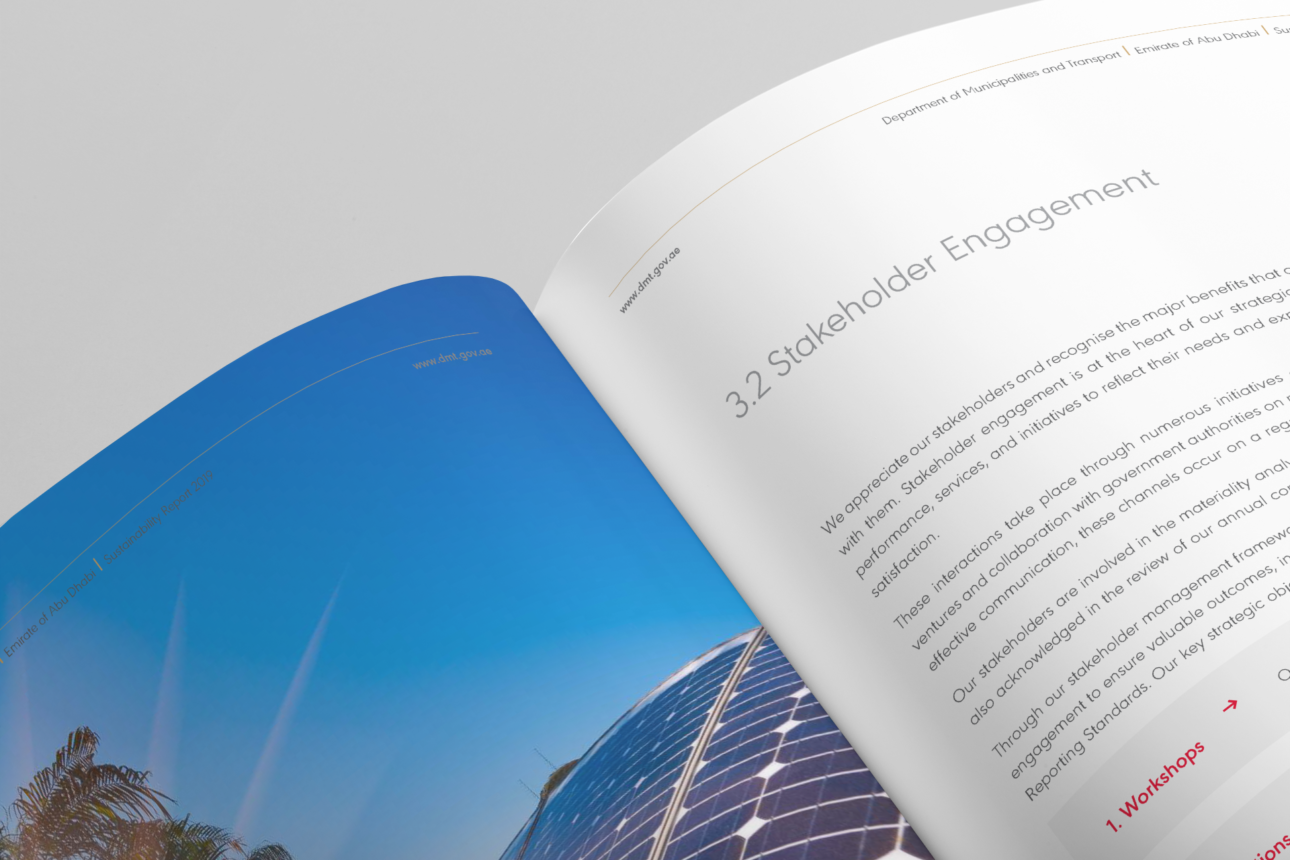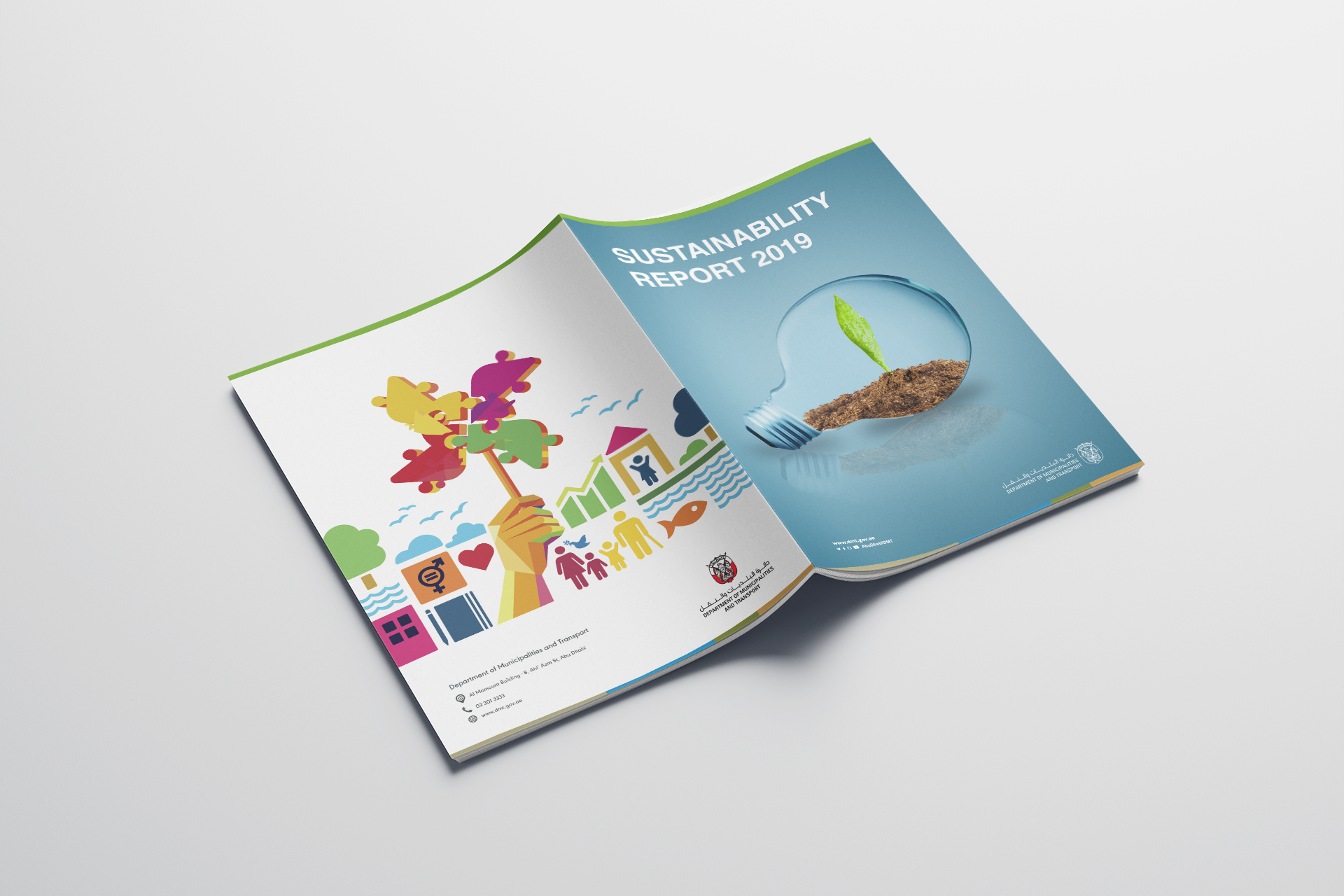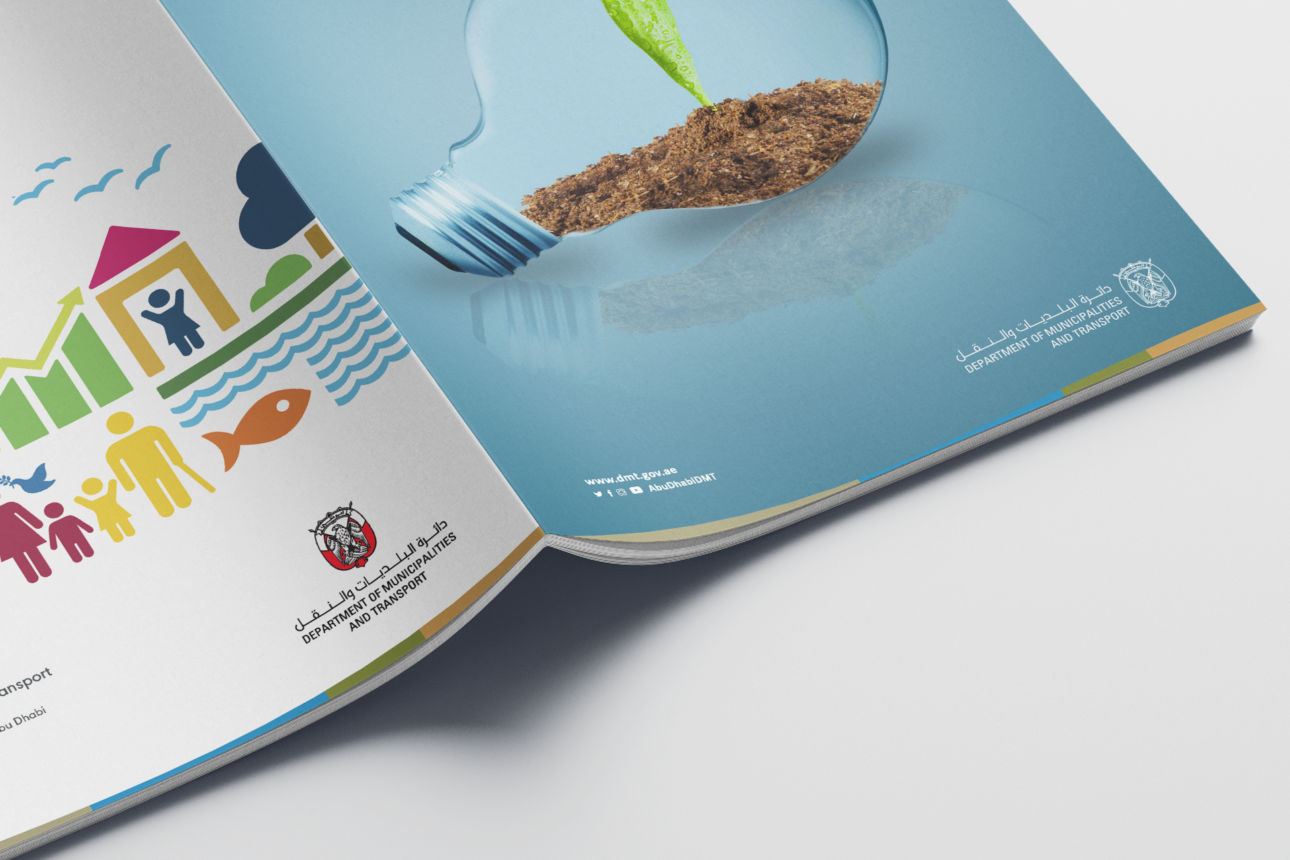Client: Abu Dhabi DMT (Department of Municipalities and Transport)
Country: Abu Dhabi, UAE
Industry: Government
Project Type: Report / Brochure
About the client:
The Department of Municipalities and Transport (DMT) was established by Law No. 30 of 2019 and is the entity responsible for managing the urban planning and transport sectors, and three regional municipalities.
As the entity responsible for supporting the growth and urban development of Abu Dhabi Emirate, the DMT guides, regulates and monitors urban development activities. The expert authority improves municipal work to provide comprehensive services and creates higher living standards for residents through the supervision and management of the municipalities.
The DMT ensures the highest standards of safety, security, sustainability and technological developments of land, air and maritime transport networks of the Emirate, in line with the highest international standards and UAE legislation.
One of the DMT’s top priorities is to fulfil the vision of H.H. Sheikh Khalifa bin Zayed Al Nahyan, President of the United Arab Emirates and Ruler of Abu Dhabi, which draws on the vision of our UAE Founding Father, the late Sheikh Zayed bin Sultan Al Nahyan.
> Download DMT Sustainability Report – English
> Download DMT Sustainability Report – Arabic
Sustainability reporting enables organizations to consider their impacts on a wide range of sustainability issues. This enables them to be more transparent about the risks and opportunities they face.
Sustainability reporting is the key platform for communicating sustainability performance and impacts. A sustainability report in its basic form is a report about an organization’s environmental and social performance.
To make this reporting be as useful as possible for managers, executives, analysts, shareholders and stakeholders. A unified standard that allows reports to be quickly assessed, fairly judged and simply compared is a critical asset. As firms worldwide have embraced sustainability reporting, the most widely adopted framework has been the Global Reporting Initiative (GRI) Sustainability Reporting Framework. It can be considered as synonymous with other terms for non-financial reporting; triple bottom line reporting and corporate social responsibility (CSR) reporting.
Building and maintaining trust in businesses and governments is fundamental to achieving a sustainable economy and world. Every day, decisions are made by businesses and governments which have direct impacts on their stakeholders, such as financial institutions, labor organizations, civil society and citizens, and the level of trust they have with them. These decisions are rarely based on financial information alone. They are based on an assessment of risk and opportunity using information on a wide variety of immediate and future issues.
The value of the sustainability reporting process is that it ensures organizations consider their impacts on these sustainability issues, and enables them to be transparent about the risks and opportunities they face.
Stakeholders also play a crucial role in identifying these risks and opportunities for organizations, particularly those that are non-financial. This increased transparency leads to better decision making, which helps build and maintain trust in businesses and governments.
